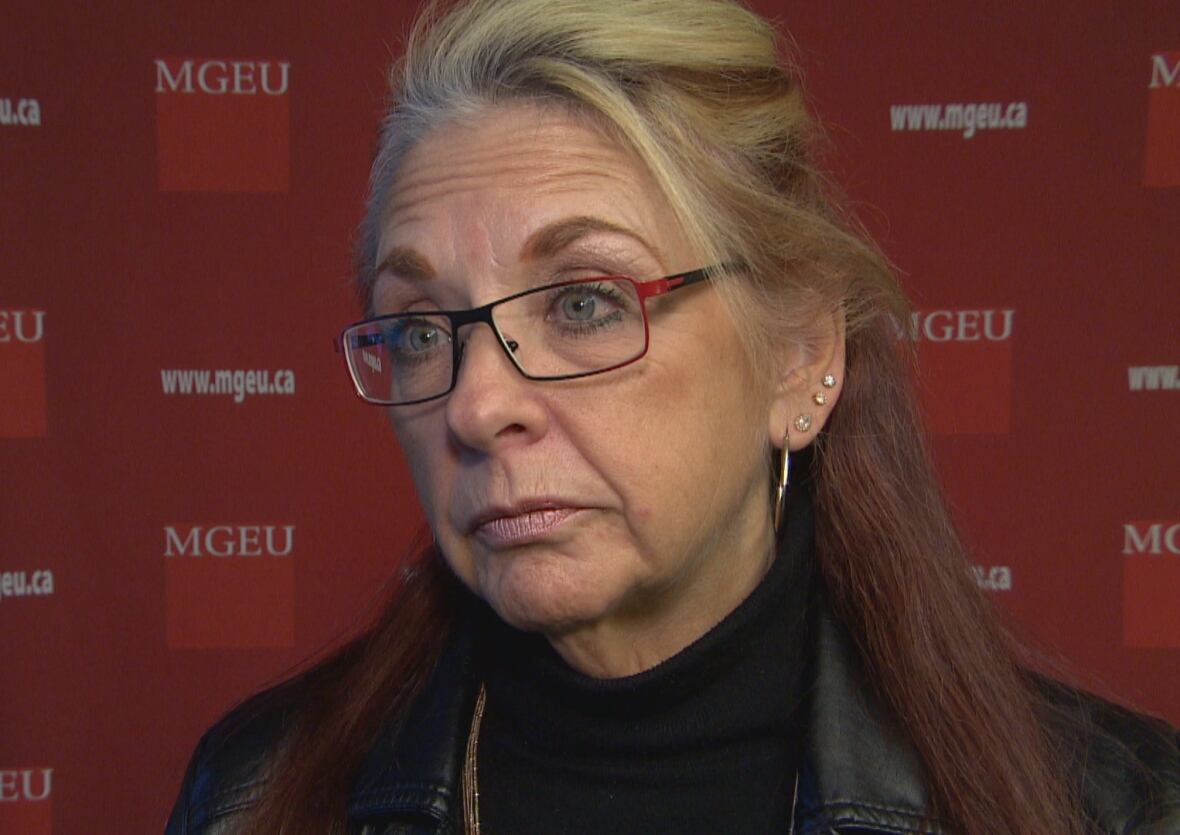4 QuickCare clinics to close a month ahead of schedule, NDP say
Clinics staffed by nurses, nurse practitioners originally slated for closure by end of January 2018

Four of the five remaining QuickCare clinics in Winnipeg will close their doors for good on New Year's Day, one month sooner than initially expected, NDP leader Wab Kinew says.
In July, the Winnipeg Regional Health Authority announced it would shutter clinics on Dakota Street, Jefferson Avenue, Portage Avenue and on Vermillion Road by the end of January 2018. That date has been changed to Jan. 1, Kinew said Monday at the legislature during question period.
"That's one less clinic in north Winnipeg, one less clinic in Windsor Park, one less clinic in St. James, one less clinic in St. Vital," Kinew said, adding more than 50,000 patients accessed the clinics in 2016.
"Families need time to plan, they need to know where to access health care services.… The government has not done enough to make sure affected families, who rely on these clinics, will be able to stay healthy close to home."
The clinics opened in 2012 under the previous NDP government. Staffed by registered nurses and nurse practitioners, the clinics were meant to help attract people with minor health issues away from crowded emergency rooms and reduce wait times in hospital.
Health Minister Kelvin Goertzen said the clinics weren't working as hoped.
"I have confidence in the decision-making of those health professionals who looked at the QuickCare clinics and said that they weren't reducing the wait times that we'd hoped in our emergency rooms," Goertzen said.
"[They] were hardly opened because they weren't properly staffed. People would go there for the 'quick care' and they would find out there was no care."
Though they have been "well-utilized," interim WRHA president Réal Cloutier said this summer, the WRHA needed to find $83 million in savings as part of provincially mandated budget cuts earlier this year. The decision to close the clinics came after reviewing WRHA real estate, Cloutier said at the time, and realizing those resources could be folded into existing Access centres.

Closing the clinics is expected to save the WRHA $900,000.
City Access centres provide primary care, family and social services and will absorb QuickCare staff. They will also have expanded hours to coincide with the closures and greater staff numbers, Goertzen said.
A spokesperson with the WRHA declined to comment, but the Manitoba Government and general Employees' Union (MGEU) and the Nurse Practitioner Association of Manitoba (NPAM) both say they've learned the closure date has been moved up to Jan. 1.
"This is an uncertain time for [nurse practitioners] and health care in general," a NPAM president Ashley Pylypowich, a nurse practitioner in the Interlake, wrote in an email to CBC News.
Members of NPAM support recommendations from Dr. David Peachey, whose 2015 report on Manitoba's health-care system was the basis for many of the changes the Progressive Conservative government has undertaken.
"Peachey recommends the focus on healthcare should be client-centred, comprehensive, co-ordinated and support the empowerment of patients, families and communities. This type of health-care delivery is embodied in the role of the nurse practitioner, and has been present in Manitoba for over 50 years," Pylypowich said in the email.
"NPAM looks forward to working with Manitoba Health and the Health Minister to ensure patient services are not disrupted in this transitional time period."

MGEU president Michelle Gawronsky said she is hopeful the Pallister government will reverse the decision to close the QuickCare clinics.
"The QuickCare clinics are a very integral part of health care for Winnipeggers," Gawronsky said. "It is a front-line service that Winnipeggers rely on, and I think there's time for the premier to turn this around and stop it."
A single QuickCare clinic on McGregor Street will stay open and continue to serve nearby communities.
With files from Erin Brohman and Bartley Kives

